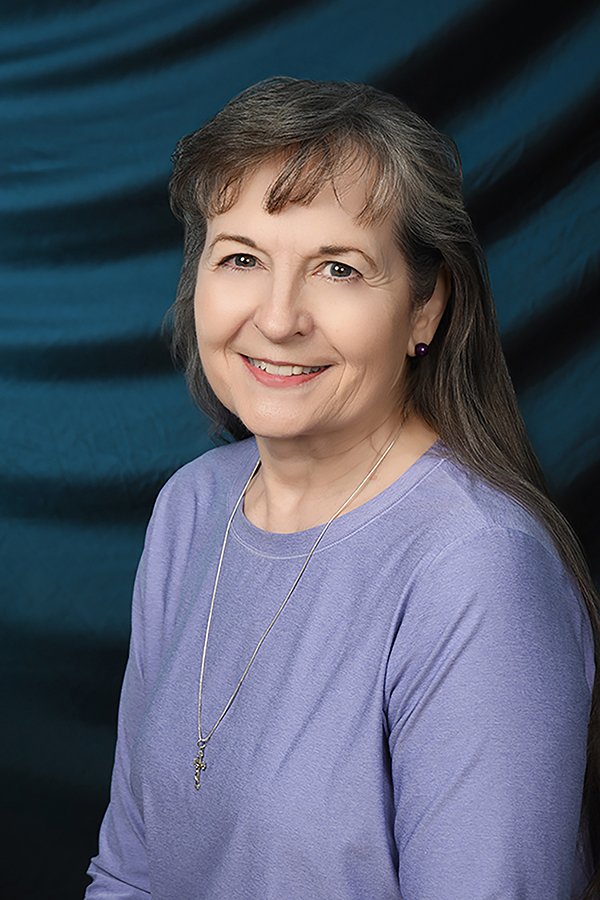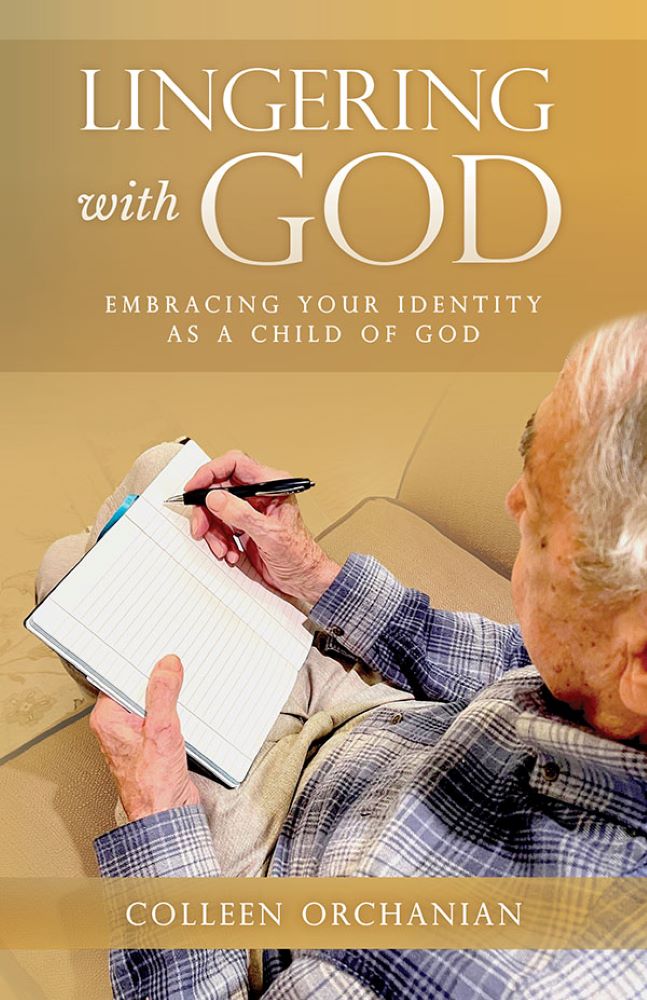Free at Last
 Everyone faces spiritual attacks. For some people, they are minor annoyances, like a fly buzzing around your ear. For others, they are chains that bind us, that enslave us. Healing frees us from those chains. But complete healing is not possible without forgiveness. That means that you will continue to face severe spiritual attacks until you forgive others. And that's why forgiveness is a powerful spiritual weapon.
Everyone faces spiritual attacks. For some people, they are minor annoyances, like a fly buzzing around your ear. For others, they are chains that bind us, that enslave us. Healing frees us from those chains. But complete healing is not possible without forgiveness. That means that you will continue to face severe spiritual attacks until you forgive others. And that's why forgiveness is a powerful spiritual weapon.
Jesus was very clear about the importance of forgiveness. After teaching us the Our Father, he said, If you do not forgive others their trespasses, neither will your Father forgive your trespasses. And He told Peter, who had asked how many times he had to forgive someone, I do not say seven times, but seventy-seven times. He also said, love your enemies, do good to those who hate you. And Jesus showed us the way on the cross, saying, Father, forgive them, for they know not what they do.
Forgiveness matters. It's not easy, though, and neither was the cross. But for human beings, forgiveness is the only way to be healed. When we hold unforgiveness, there is a tender place in our hearts that the devil will exploit. He has no mercy. He will use every hurt to attack our self-image and our image of God. He will stoke our resentment, bitterness, and hate. These emotions eat away at our bodies and souls. Literally. We get ulcers, high blood pressure, even cancer can be triggered by the stress of unforgiveness.
So when Jesus told us to forgive, it wasn't only to restore our earthly relationships. It was also because WE need it. Until we forgive, we are distressed. God doesn't want that for us. And He gives us the grace to forgive, because on our own it would be impossible. When we forgive completely, we can experience miraculous healing.
Lies about forgiveness
Forgiveness is not reconciliation. We do not become a victim again or a doormat. If I am in a relationship with an abuser, I can forgive without reconciling. To reconcile would mean that I was enabling the abuser to continue to sin, which I should not do. Instead, it is about removing the demons of anger, revenge and anxiety.
Forgiveness is not "forgive and forget." We don't forget a hurt. How can you forget a violent attack? How can you forget that your child was killed? How can you forget that your spouse was repeatedly unfaithful? God doesn't expect us to forget an injury, only forgive.
Forgiveness is not conditional. I will forgive if they ask for it and repent. We can, by God's grace, forgive a person who is long dead and never repented. The only condition is a desire on our part.
Forgiveness doesn't minimize the harm done or give the other person a free pass. Jesus never said, It's okay that you crucified me. It wasn't all that bad. Don't worry about it. Killing God was a big deal; to pretend otherwise would be wrong. In the same way, when we have been hurt by another, we should acknowledge the gravity of the sin while granting forgiveness. What you did was wrong, and it really hurt. And I forgive you. Not by my will, but by the grace of God.
Those are some lies we might believe about forgiveness. When we get rid of the lies, we are better able to forgive.
What is forgiveness?
St. Augustine wrote that forgiveness was the willingness to surrender one's right to revenge. When we are hurt, we want to hurt back. But Jesus told us to forgive our enemies. Not only that, he told us to love them. He calls us to forgive because He forgave us.
But it is not just a command or an obligation. Forgiveness is self-care for our souls and mental well-being. If we can't forgive, that person is living rent free in our heads, and our happiness and joy are at stake.
What do we need to forgive?
If we feel resentment, bitterness, anger or rage, we need to forgive. There are big hurts and little ones. The big ones include violence, abuse, betrayal, and abandonment. The little ones are gossip, manipulation, harsh words, carelessness, rejection, being taken for granted. Every soul has been hurt, and every soul has a need to forgive.
The great saints give us examples of radical forgiveness. In the book of Acts, as St. Stephen is being martyred, he asks God to forgive his killers, using the same words as Christ on the cross. St. Maria Goretti forgave the man who stabbed her to death when she was 14. Because of her mercy, his soul was saved from hell. In the book, Left to Tell, Immaculée Ilibagiza shares her story of forgiveness for the genocide in Rwanda that killed nearly all of her family. These true stories give us hope that we, too, can extend radical forgiveness.
Barriers to Forgiveness
When we are hurt, we put up walls for self-preservation. This is a natural reaction. And at the same time, it is self-destructive. While we protect ourselves from enduring the same kind of hurt again, we create more pain. It's just a different pain.
Sometimes I don't want to forgive. I want the other person to know that they were wrong, and I hold on to my anger as revenge against them. When I start to feel the anger wane, I consciously stoke it. I want the other person to know my anger. There was an injustice done, and I won't let it slide.
I sometimes even feel virtuous for holding on to the anger, but that's a lie of the devil. Jesus said forgive, and I choose not to. He didn't give conditions for forgiveness. Not forgive if they are sorry. Forgive if they ask. Forgive if you feel like it. Forgive if they are your friend. None of those conditions. In my head, though, I have conditions. I'm not following the teaching of Jesus because I just don't want to.
Identifying who to forgive
We must forgive those who have done us wrong or hurt someone we love. We can forgive someone who has power in the world and makes decisions that are unjust. We want to forgive those who should have protected us but didn't, a parent who wasn't very good. Take into prayer who you need to forgive and why as a way to make this spiritual weapon battle-ready.
Another person we need to forgive is ourselves. We are often more willing to be merciful to another person than we are to ourselves. Like Judas, we can't forgive ourselves for the sins and mistakes of the past. Other times we don't forgive ourselves for something that we had no power to control. Can I forgive my 5-year -old self for not saving my little sister who drowned? Can I forgive myself for not being present when my dad had a heart attack? We may carry a responsibility that was not ours to bear.
Prayers of forgiveness
A simple model for forgiveness prayer used in healing ministries is: "I forgive … for …"
I forgive my mother for her addiction and abandoning me when I needed her most.
I forgive my siblings for not noticing when I was hurting and making me feel isolated and unloved.
Although it's a simple prayer, it's not so simple to discern the specifics of what we need to forgive. Find a wise spiritual friend who can take you through that process. Two helpful resources are the John Paul II Healing Center and Encounter Ministries.
Fr. Robert DeGrandis has a longer Forgiveness Prayer for adults. It can help you recognize the places of unforgiveness in your heart. That is the first step in healing.
Freedom from enemy attacks comes through forgiveness. We want to be free, and we can be. When the demons are swept away and the space is filled with the unconditional love of God, we realize what true freedom is. If you are resisting, ask for the grace to surrender. Then you, too, can say, Free at last, free at last, thank God almighty I'm free at last.
Questions for prayer:
-
What lies do you believe that are keeping you from total forgiveness?
-
How is unforgiveness affecting your body, mind, and soul?
-
What one step can you take to extend forgiveness to someone in your life?

